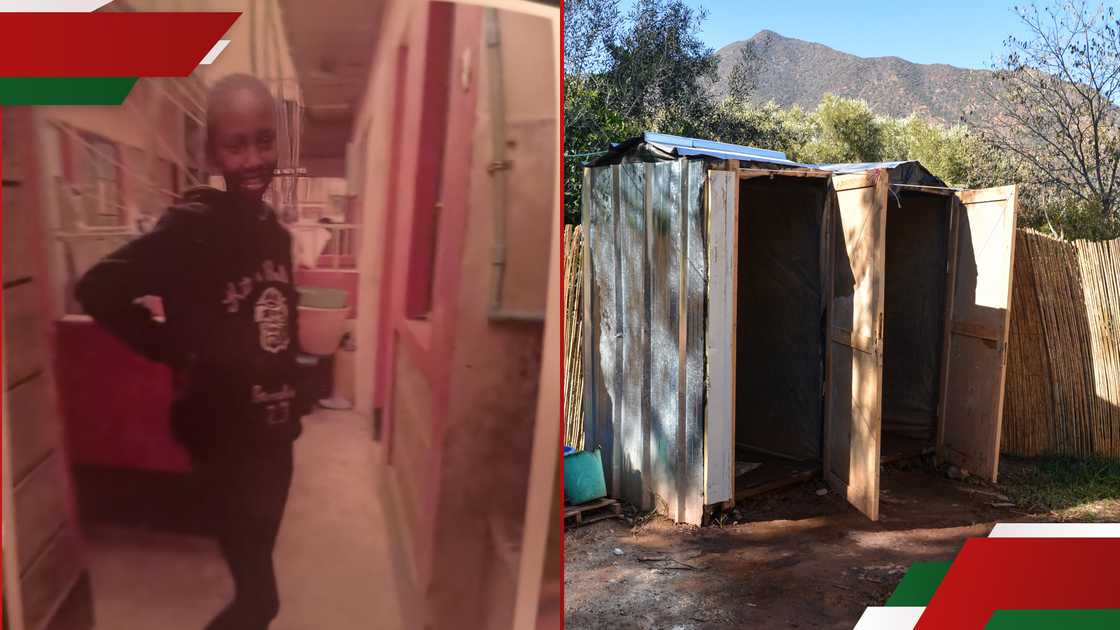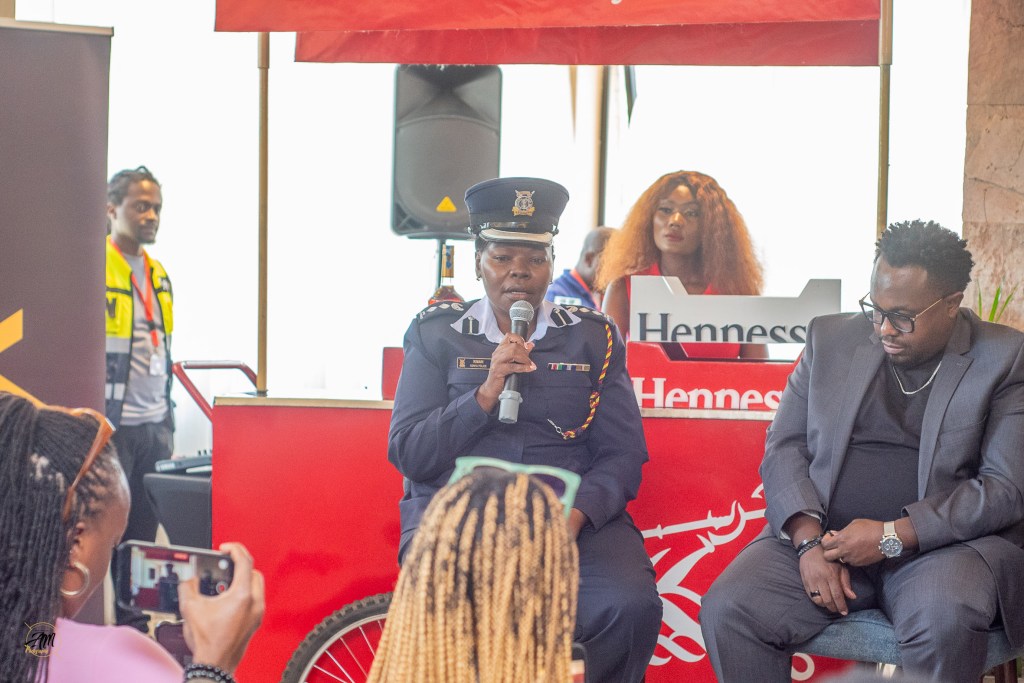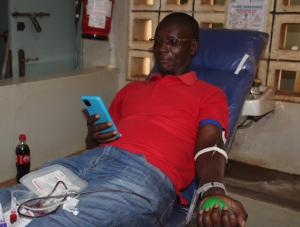
Six Pakistani nationals, sentenced to life in prison for trafficking heroin worth Ksh1.3 billion, have petitioned the High Court for unconditional release. They argue that their detention since 2014 should count as time served and seek repatriation to Pakistan as an alternative.
Conviction and Sentencing
Authorities arrested the six at Kilindini Port in Mombasa between July 2 and 18, 2014, after discovering a massive haul of narcotics hidden in the cargo deck of the ship Amin Darya, also known as Al Noor. Investigators found 377.2 kilograms of granular heroin, 33,200 litres of liquid heroin, and 2,400 litres of diesel laced with heroin.
In March 2023, Chief Magistrate Martha Mutuku sentenced them to life imprisonment, citing the transnational nature of the crime, the country’s rising drug abuse problem, and the large volume of narcotics involved. She ruled that, as crew members of the ship, they failed to exonerate themselves and did not disclose who had sent them.
Despite the vessel being destroyed by an executive order, the magistrate maintained that investigators had gathered sufficient evidence for conviction.


Legal Challenge Against Life Sentence
The convicted traffickers have now sued the attorney general, the director of public prosecutions, and the inspector general of police, challenging the constitutionality of their life sentences.
Through their lawyers, they argue that Kenyan authorities have detained them for over 11 years without considering their pre-trial custody in sentencing. They claim that the Criminal Procedure Code requires courts to factor in time spent in custody before conviction.
The petitioners also cite judiciary sentencing policy guidelines, stating that disregarding pre-trial detention results in excessive and disproportionate punishment, violating the principle of fair administration of justice.
Claims of Rights Violations and Destruction of Evidence
They further argue that their prolonged incarceration violated their rights to freedom and security. Additionally, they claim that the acquittal of their co-accused demonstrates discriminatory treatment.
The defense also challenges the prosecution’s reliance on Amin Darya as key evidence. They allege that authorities conspired to destroy the ship at sea, irreparably eliminating crucial proof that could have supported their defense.


Seeking Release and Repatriation
The petitioners want the High Court to quash their life sentences, arguing that they contradict constitutional provisions. They also emphasize mitigating factors such as their advanced age, prolonged trial detention, and their right to rehabilitation and reintegration into society.
“The petitioners assert that the trial court, while properly finding that it had jurisdiction under the constitution, failed to exercise that jurisdiction in a manner that safeguarded their fundamental rights as foreigners, thereby rendering the trial and subsequent sentencing unconstitutional and invalid,” they submitted.
They are also seeking a declaration that the charges against them were illegal and unconstitutional, arguing that they did not meet the legal standards outlined in the Constitution. If the court does not grant their release, they request repatriation to Pakistan at their own expense or with support from their government.
The High Court is expected to issue a ruling on their petition in the coming weeks.










